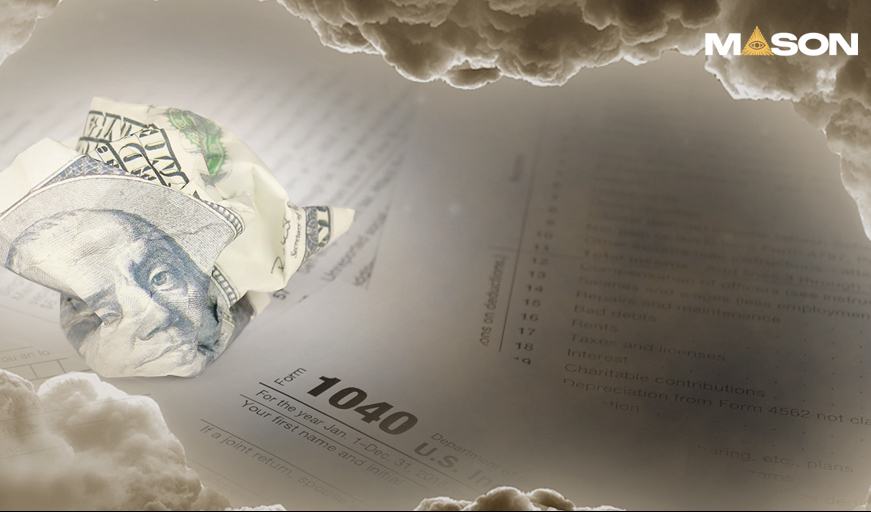What is cryptocurrency?
Cryptocurrency (or “crypto”) — It is a digital currency that is used as an alternative method of payment or speculative investment. Cryptocurrencies get their name from cryptographic techniques that allow people to spend them securely without the need for a central government or bank. You may be familiar with the most popular versions — Bitcoin and Ethereum, but there are more than 9,000 different cryptocurrencies in circulation.
How does cryptocurrency work?
You can use cryptocurrency to buy regular goods and services, although most people invest in cryptocurrencies the same way they invest in other assets, such as stocks or precious metals. Although cryptocurrency is a new and exciting asset class, buying it can be risky as you will have to do a fair amount of research to understand how each system fully works.
Bitcoin was the first cryptocurrency. Proof based on cryptography, formed in the form of transactions. These transfers, after verification, will be entered (recorded) in the blockchain.
What is blockchain?
Blockchain — it is an open distributed ledger that records transactions in code. It's like a checkbook distributed all over the world, on a huge number of computers. Transactions are recorded in “blocks,” which are then combined into a “chain.” previous crypto currency transactions.
To prevent fraud, every transaction is verified using a verification method such as proof of work or proof of stake.
Proof of Work and Proof of Stake
Proof of Work and Proof of Stake — two of the most widely used consensus mechanisms for validating transactions before adding them to the blockchain. Verifiers are then rewarded with cryptocurrency for their efforts.
Proof of Work
Proof of work — This is one of the ways in which you can check the status of a transaction on the blockchain network, based on an algorithm that poses a mathematical problem that needs to be solved by powerful computers.
Each participating computer, often called a “miner,” solves a mathematical puzzle that helps validate a group of transactions called a block, and then adds them to the blockchain ledger. The one who wins this "race" and completes the task first, receives a reward in cryptocurrency. Bitcoin, for example, rewards a miner 6.25 BTC for validating a new block.
The race to solve blockchain puzzles can require intensive computer power and electricity. This means that miners are unlikely to be able to break even with the cryptocurrency they receive for validating transactions, given the cost of electricity and computing resources.
Proof of Stake
Some cryptocurrencies use a proof-of-stake verification method to reduce the amount of energy required to verify transactions. With proof of stake, the number of transactions each person can verify is limited by the amount of cryptocurrency they are willing to “bet” on. or temporarily lock yourself in a shared safe to be able to participate in the process.
It's almost like a bank deposit. Every person betting on cryptocurrency has the right to review transactions, but the chances of you being selected usually increase with the amount you deposit.
For comparison, for example, the average Bitcoin transaction speed is at least 10 minutes. Now compare that to Solana, a crypto platform that uses a proof-of-stake mechanism that averages around 3,000 transactions per second (TPS), making it much faster than the slow Bitcoin blockchain.
Both proof of stake and proof of work rely on consensus mechanisms to validate transactions.
How can you mine cryptocurrency?
Mining — This is the process by which a new digital currency is issued in exchange for verification of transactions. While it is theoretically possible for the average person to mine cryptocurrency, it becomes increasingly difficult in proof-of-work systems such as Bitcoin.
Proof-of-work cryptocurrencies also require a huge amount of energy to mine.
Although it is impractical for the average person to earn cryptocurrency by mining in a proof-of-work system, the proof-of-stake model requires less powerful calculations since validators are randomly selected based on the amount they stake. However, participation requires that you already have cryptocurrency. (If you don't have cryptocurrency, you have nothing to bet.)
Cryptocurrency transactions
Using cryptocurrency for secure purchases depends on what you are trying to buy. But in any case, whether you spend an asset or buy it, you need to make or accept a transfer - a transaction. To do this, you will need a wallet to store your digital asset.
Detailed article on what a crypto wallet is and what types of crypto wallets exist.
The technical department of the exchange service Mason-Ex.com recommends the use of universal, multifunctional storage:
-
Ledger Nano X
-
Guarda
-
MetaMask
-
Keystone Pro
-
Trust Wallet
-
ZenGo
-
Trezor Model T
-
Exodus
-
Ledger Stax
-
Electrum
Remember that transactions do not happen instantly as they must be verified by some mechanism.
The best way to buy cryptocurrency
Cryptocurrency can be purchased through crypto exchanges. They offer the opportunity to trade some of the most popular cryptocurrencies. However, they may also have limitations. You will need to check if your exchange supports the correct cryptocurrency pair needed to make your purchase.
Keep an eye on fees, as some of these exchanges charge exorbitant fees for small cryptocurrency purchases. It is also worth paying close attention to methods for replenishing personal accounts, restrictions on transaction amounts, limits on input and output, limits on amounts stored in an exchange wallet...
Due to these shortcomings of exchanges, when purchasing cryptocurrency, we recommend using the services of a crypto exchanger. The crypto asset exchange service Mason-Ex.com is perfect in this case. Minimum commissions, withdrawal and replenishment of fiat funds without restrictions. withdrawal to cash. 24/7 customer support, no hidden fees and many additional benefits. Choose a reliable partner and become financially independent and a competent user of digital assets.





